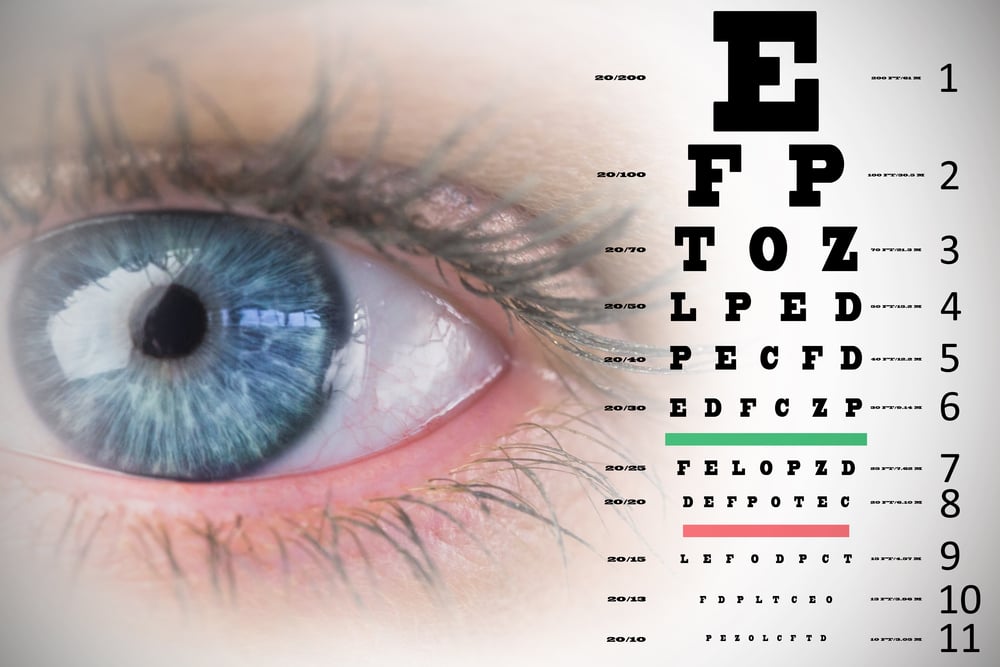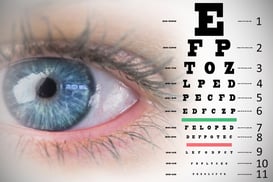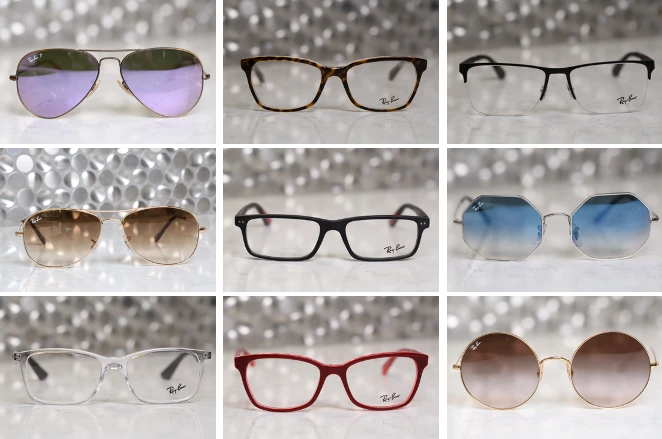How to clean your eyeglasses
Cleaning youreyeglassesdaily is the best way to keep them looking great and prevent lens scratches and other eyewear damage. But there's a right...

 As we've all seen throughout New York State this week, many healthcare facilities are only able to treat emergencies while open. The rest of our everyday, non-essential treatments have stopped for a period of time. We all hope it's safe to resume our full practice soon.
As we've all seen throughout New York State this week, many healthcare facilities are only able to treat emergencies while open. The rest of our everyday, non-essential treatments have stopped for a period of time. We all hope it's safe to resume our full practice soon.
So, what is an eye emergency? We thought it would be helpful to tell you about some of the eye issues we are seeing, that we would want you to contact your ophthalmologist about.
If you are experiencing any of the following problems with your eyes, please call your Ophthalmologist. If you need us, we are here for emergencies, Monday - Friday from 8am - 5pm. Call us at (585) 454-8447 ext.0. You will reach Kim Fullone, RN Director of Clinical Services, who will triage your emergency and get you in to see Dr. Lindahl, if needed.
These symptoms may be a sign of retinal detachment, which is painless. The good news is the warning signs always appear before it occurs. Retinal detachment is a medical emergency and can cause blindness.
This occurs when the eye pressure increases quickly, causing an acute attack of angular closing. Symptoms include:
If you experience any of these symptoms, seek immediate care from your eye doctor.
Your hands carry more germs than any other part of your body. When you rub your eye, these germs are easily transferred and can often result in infections like conjunctivitis, otherwise known as pink eye. Conjunctivitis can also be a symptom of the coronavirus.
After any trauma to the eye, apply a cold compress, without putting pressure on the eye, to reduce the pain until you can see your doctor. Do no try to remove an object penetrating your eye. Shield the eye with a paper cup and see your doctor immediately.
If you get chemicals in your eye, flush with saline or water for 15 minutes. If you have on contacts, attempt to remove them first. Do no try to neutralize the chemical with some other chemical or substance. Flush thoroughly and call your doctor.
Again, if you need us, we are here for emergencies, Monday - Friday from 8am - 5pm. Call us at (585) 454-8447 ext.0. You will reach Kim Fullone, RN Director of Clinical Services who will triage your emergency and get you in to see Dr. Lindahl, our Ophthalmologist, if necessary. If not, she will tell you what to do next.
Stay safe!

Cleaning youreyeglassesdaily is the best way to keep them looking great and prevent lens scratches and other eyewear damage. But there's a right...

Imagine this: a cold Saturday afternoon with no more holiday chores to check off of your to-do list. You have no plans, no responsibilities, nothing...

We all rub our eyes when we are tired, or frustrated, or just out of habit. Knowing what happens when you do it and how you can get rid of this bad...